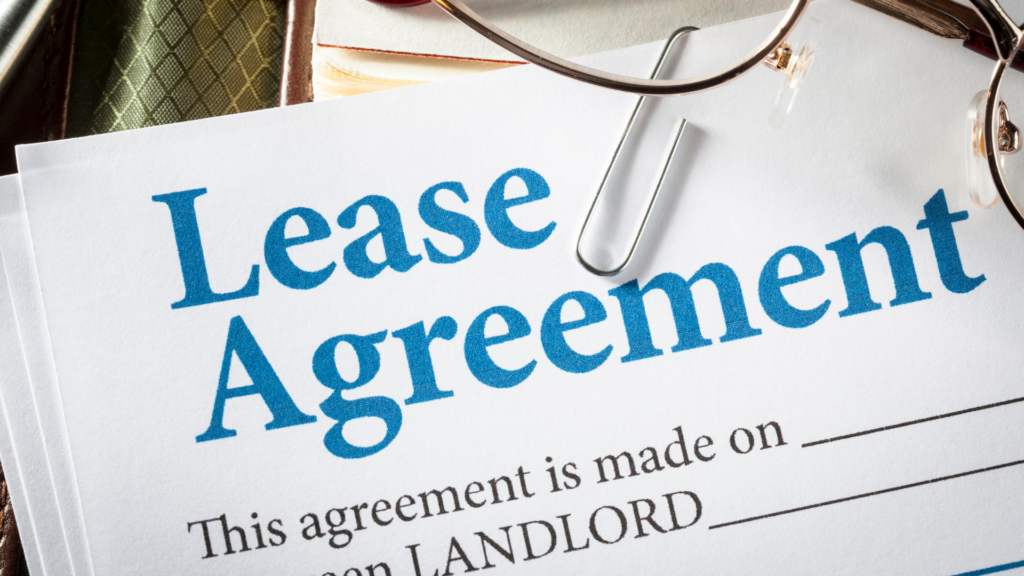The Curious Dilemma of Two Names, One House: Who Holds the Deed?


Welcome to a captivating tale of property intrigue! In a quiet corner of our bustling town lies a house that has become the center of an enigmatic mystery – two names, but only one home. As the sun casts its rays upon the quaint abode, we find ourselves entangled in a web of uncertainty, wondering who truly holds the deed to this charming residence. Whispers of conflicting accounts have sparked curiosity among the locals, leaving us with a burning question: who is the rightful owner of the house?
Join us on a journey of discovery as we peel back the layers of this puzzling story and delve into the heart of The Curious Case of Two Names, One House. Prepare to unlock the secrets that lie within the elusive property and uncover the truth behind its intriguing ownership predicament.
Scenario 1: Building a House on Inherited or Another Person's Land

The most common problem arises when someone builds a house on inherited or another person's land, such as a grandparent's or relative's property. If you find yourself in this situation or plan to construct a house on someone else's land, it's vital to understand that the house becomes a part of the land's ownership. The rightful owner of the land holds the title to both the land and the constructed house, despite the house owner's registration in official records. Therefore, the best course of action is to build your house on your own land to avoid potential disputes or the risk of being asked to vacate the premises if the landowner decides to sell the property. Ultimately, in such scenarios, you may have to relocate to a new location.
When the land owner wants to sell the land but the house owner refuses to leave
Another common problem occurs when the landowner wants to sell the land, but the house owner refuses to vacate the premises. In this case, the landowner has the right to sell the land and can legally take legal action to evict the house owner. This may involve paying relocation costs to the house owner or, ideally, transferring the land's title to the house owner's name after obtaining the land deed from the authorities.
Scenario 2: Allowing Others to Reside on Your Land Without a Formal Lease Agreement

Another common problem faced by landowners is when they allow others to reside on their land without a formal lease agreement, and these occupants are registered as house owners in official records. The landowner may have various intentions, such as having the occupants look after the land or for other reasons. However, if a considerable period of more than 10 years passes without the landowner attending to the land where the occupants live, the house owner may use legal arguments to claim adverse possession, aiming to gain ownership rights over the land from the actual landowner.
Mitigating Potential Disputes and Securing Property Rights
If a land has a title deed, and over a period of more than 10 years, the landowner has not tended to the property where occupants reside, the house owner may use legal arguments to claim adverse possession and gain ownership rights over the land. Moreover, if the landowner holds a land ownership document such as a Nor Sor 3 (นส.3) or Nor Sor 3 Gor (นส.3 ก.) and the house owner claims to have occupied the land uncontested for more than one year, without the landowner challenging or filing any claims against that right, the landowner may lose possession rights to the land. In the landowner's perspective, if there's a necessity for someone else or a relative to reside on their land, it's crucial to establish a clear and formal lease agreement, designating the occupant's status as a tenant or any other designated role, to prevent adverse possession claims.
Closing Comments
In the intriguing exploration of the curious dilemma of two names, one house, we have uncovered the complexities and potential disputes that can arise when conflicting ownership arises between house owners and landowners. From building houses on inherited land to allowing occupants to reside without formal agreements, securing property rights becomes a paramount concern. To avoid falling into these intricate situations, open communication, clear agreements, and proactive legal measures are essential. Whether through formal lease contracts or timely property inspections, mitigating potential disputes and safeguarding property rights ensures a harmonious real estate environment for all parties involved.
As we navigate the dynamic world of property ownership, let us remember that knowledge, empathy, and a willingness to find common ground can lead to the ideal resolution, securing rightful ownership and transforming the curious dilemma into a tale of successful property ownership and harmonious coexistence.
Got a Property to list for sale or rent? Looking for a free listing and hassle-free process? Look no further as PropertyScout is here to help you!
Looking for decently-priced properties? Check out our expansive selection of properties available for sale and rent throughout Thailand in the links below!



